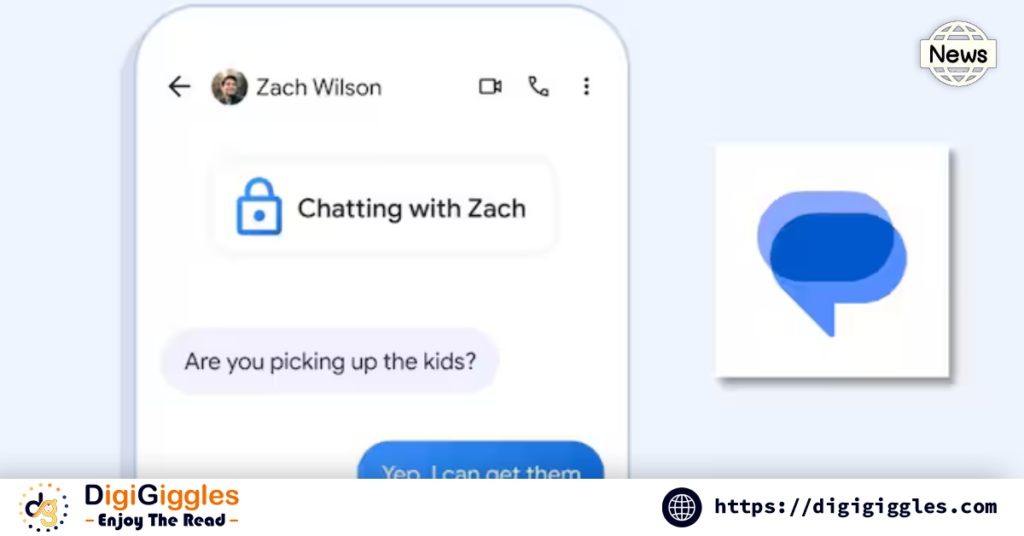
Google has come under criticism for its recent assertion that all text messages sent through its Google Messages app are end-to-end encrypted. While this feature is a critical security benchmark for private communication, questions have emerged about the validity of Google’s blanket claim and its implications for user privacy.
The Controversy
End-to-end encryption (E2EE) ensures that only the sender and recipient can access the content of a message, with no third party—including the service provider—able to decrypt it. This feature is increasingly becoming a standard expectation for secure communication apps. Google recently stated that all text messages exchanged via its Google Messages platform benefit from this level of encryption. However, a section of privacy experts and users claim this statement is misleading. The core of the dispute lies in the fact that Google Messages supports SMS and RCS (Rich Communication Services) protocols. While RCS-based chats can be encrypted end-to-end, traditional SMS messages do not inherently support this security layer. Critics have pointed out that Google’s messaging about its encryption capabilities fails to clarify this distinction, potentially leading to confusion among users.
What Are Experts Saying?
Tech analysts argue that Google’s communication on this issue should have been more transparent. A prominent expert remarked, “Claiming blanket encryption without specifying the limitations misguides users who might assume their SMS communications are equally secure. This lack of clarity undermines trust.” Furthermore, privacy advocates emphasize the importance of educating users about the differences between SMS and RCS. Many users in India and globally rely on SMS, especially in areas with limited internet access, making it imperative for companies like Google to ensure accurate messaging about the level of security provided.
Google’s Stand
In response to the backlash, Google clarified that while all RCS chats in Google Messages are encrypted end-to-end, the same does not apply to SMS. The tech giant acknowledged the need to communicate these differences more effectively in the future. “Our aim has always been to enhance user privacy, but we recognize the importance of clarity in how we communicate these advancements,” a company spokesperson said.
Implications for Users
For everyday users, the controversy underscores the importance of understanding the technology behind the platforms they use. RCS, often termed the next generation of SMS, offers a richer messaging experience and improved security. However, its adoption remains inconsistent, with many telecom providers still supporting traditional SMS as the default.
The Road Ahead
Google’s predicament highlights the growing demand for accountability in tech communication. As more users become conscious of privacy issues, companies will need to adopt clearer and more transparent practices. While Google continues to advocate for widespread RCS adoption, bridging the knowledge gap for users will remain an essential part of this transition. With privacy concerns mounting globally, this episode serves as a reminder for companies to prioritize not just technological advancements but also the clarity of their commitments. After all, trust is the foundation of any successful communication platform.